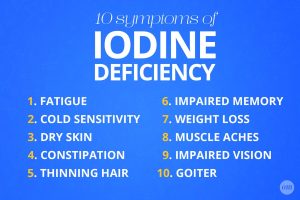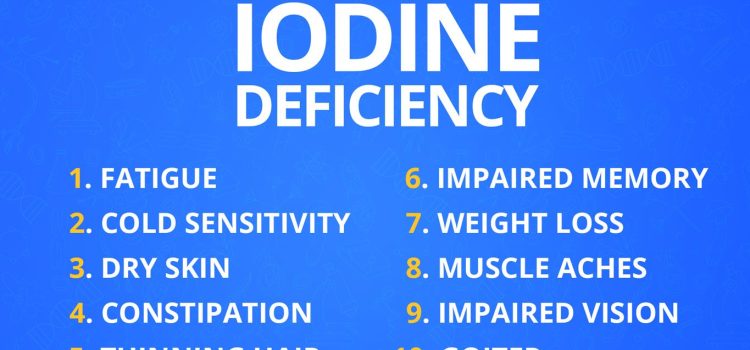
Introduction
Public health initiatives have the power to transform societies, ensuring that everyone has access to essential nutrients and a higher quality of life. Iodine, often taken for granted, is a prime example of how global efforts can address a widespread health concern. In this article, we will discuss the global efforts to combat iodine deficiency and the pivotal role of iodized salt in preventing deficiencies, showcasing how iodine initiatives are shaping public health worldwide.
Iodine Deficiency: A Global Concern
Iodine deficiency has been a persistent global health challenge, particularly in regions where iodine-rich foods are scarce. The consequences of iodine deficiency are far-reaching, impacting both physical and cognitive development.
The Role of Iodine in Public Health
Iodine is an essential micronutrient, and its impact on public health is significant. Here’s why it matters on a global scale:
1. Cognitive Development: Iodine deficiency during pregnancy and early childhood can lead to cognitive impairments, including lower IQ and learning disabilities. This not only affects individuals but also hampers a nation’s human capital.
2. Economic Impact: Iodine deficiency can decrease productivity, leading to economic challenges for affected regions. A workforce with cognitive impairments is less efficient, resulting in lower overall productivity.
3. Maternal and Child Health: Iodine deficiency during pregnancy can lead to complications such as stillbirths and preterm births. The offspring may suffer from intellectual disabilities. Iodine initiatives play a crucial role in safeguarding maternal and child health.

Global Efforts to Combat Iodine Deficiency
The global community has recognized the significance of combating iodine deficiency, leading to various efforts and initiatives:
- Universal Salt Iodization (USI): One of the most successful public health initiatives is the universal salt iodization program. It involves adding iodine to table salt, ensuring that a daily intake of iodine is readily available to all, regardless of socioeconomic status.
- Public Awareness: Educational campaigns and awareness programs are instrumental in informing communities about the importance of iodine. These programs ensure that people understand the role of iodine in their health.
- Iodine Supplementation: In regions where iodine deficiency remains a concern, iodine supplementation programs, particularly for pregnant women, help fill the nutritional gap.
The Role of Iodized Salt
Iodized salt is a cornerstone of iodine initiatives. It is an accessible, affordable, and effective means of ensuring that individuals receive an adequate iodine intake. By adding iodine to a universally consumed product like salt, iodine deficiency has been significantly reduced in many parts of the world.
Iodine Beyond Borders
The impact of iodine initiatives extends beyond national borders. With concerted efforts, the global community is making significant strides in addressing iodine deficiency. Organizations like UNICEF, WHO, and national governments are key players in these initiatives, collaborating to ensure that iodine deficiency is progressively eliminated.

Conclusion
Iodine and iodized salt are essential elements in shaping public health on a global scale. The fight against iodine deficiency is a testament to what can be achieved through public health initiatives. The provision of iodine through iodized salt is a simple yet transformative strategy, ensuring that individuals, families, and entire communities have access to this vital nutrient. As we continue these global efforts, we are not only nurturing healthier lives but also bolstering economies and safeguarding the cognitive potential of future generations.










